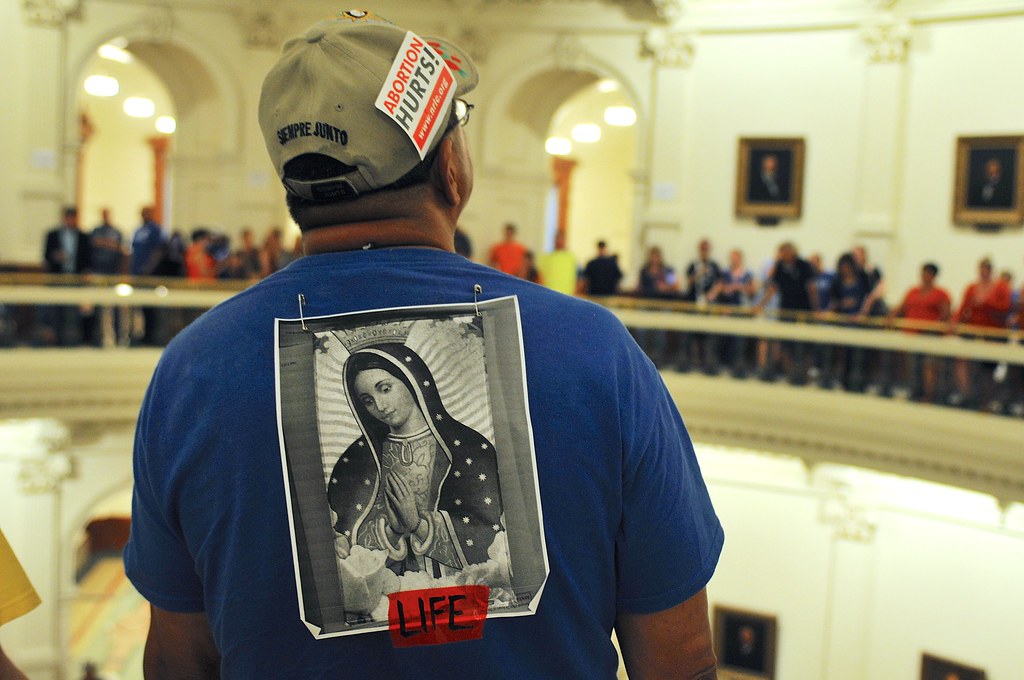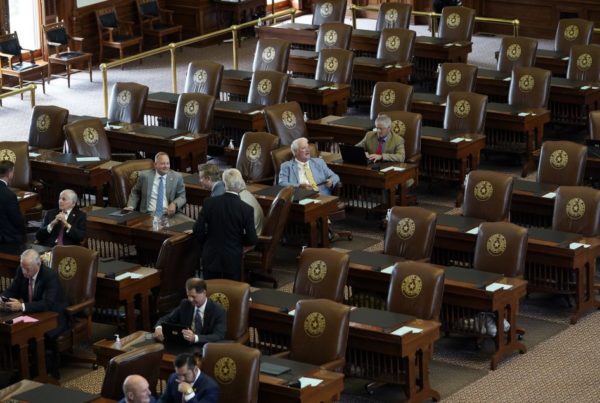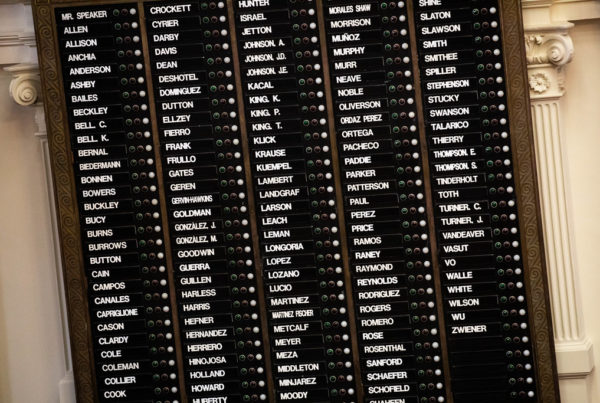A new report by researchers at the University of Texas at Austin evaluates the potential impact of Texas’ new abortion law on pregnant women.
Senate Bill 8, which was passed and signed into law during the recent regular legislative session has some of the strictest abortion measures in the country. Kari White and her colleagues at UT’s Texas Policy Evaluation Project looked at the bill’s two main provisions, and surveyed 600 women seeking abortion services at 12 facilities across Texas. White is an associate professor at UT’s Steve Hicks School of Social Work.
White says one provision bans abortions after detection of fetal cardiac activity, which is how the legislation got the “heartbeat bill” nickname. Cardiac activity can be detected as early as five or six weeks into a pregnancy. The other provision allows anyone to sue an abortion provider or anyone who assists someone in getting an abortion.
“So, anybody who suspects that someone has violated SB 8; they do not have to be directly harmed, by the law – they don’t even have to be a resident of Texas – [they] can file a lawsuit in civil court,” White said.
White and her colleagues found that under the new heartbeat provision, only about 16% of abortions in Texas would be legal. A large majority of women who seek abortion services in Texas do so after that five- or six-week mark.
Also, White says researchers found many Texans rely on help from others when getting an abortion. About 43% of people surveyed had someone drive them to their doctor’s appointment, and 57% had someone help pay for their medical care. White says that’s because abortions are already difficult to access in Texas. But assisting a pregnant woman in getting abortions now exposes a person to lawsuits.
SB 8 is set to take effect on Sept. 1, but the Center for Reproductive Rights and other groups have filed lawsuits to try to stop it.















